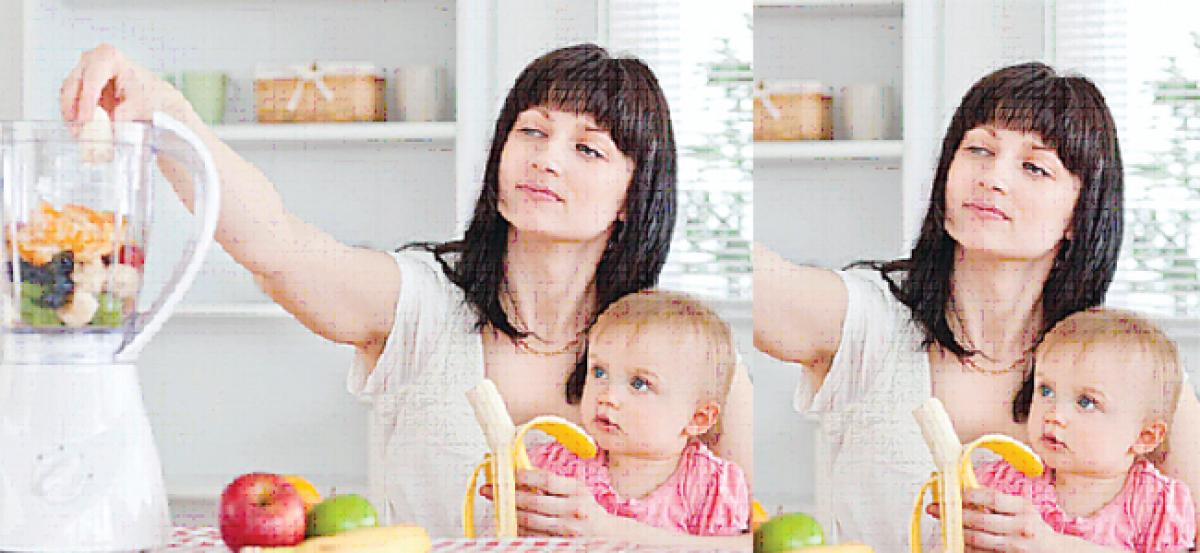Super foods for breastfeeding mothers

The first six months of a newborns life outside of its mothers womb of safety is the most crucial time for a babys growth The nutrients heshe will receive in the first six months will decide the trajectory of the childs life
The first six months of a newborn’s life outside of its mother’s womb of safety is the most crucial time for a baby’s growth. The nutrients he/she will receive in the first six months will decide the trajectory of the child’s life.
New moms might find it hard after succumbing to pregnancy cravings, to suddenly reel it back to a healthy diet. However, hitting the gym right after and indulging in powerful workouts to lose tons of calories is not the ideal way to do it, as all your nutrients are burnt in the workout and the quantity of breast milk reduces considerably.
Instead, the key to getting back into shape while not compromising on your child’s health is to take it slow. The first three months will be the hardest, but everything after that is a breeze. Breast milk varies in composition in the first six months. While it starts off with a more watery consistency to make sure the baby doesn’t have much trouble swallowing and digesting, as the months progress, the fat and nutrient content triples, making it much thicker to suit the child’s needs, something one can’t do with baby formula.
Here are some foods new mothers can incorporate into their daily food intake to ensure that both mother and child receive the nutrients needed to grow:
Fruits
Breastfeeding moms should get two or more servings of fruits every day. Consuming whole fruits during the first three months of the pregnancy will help prevent spinal defects.
Seafood
A large percentile of the population are shown to be lacking Vitamin B12 in their bodies, so it’s important to consume foods rich in Vitamin B12.
Nuts
A variety of nuts, dried fruits, oats and quinoa seeds can be used as a substitute for a good evening snack. The high levels of nutrients will easily seep into the milk and directly benefit the baby.
Vegetables
Vegetables that aren’t too rich in carbohydrates or gassy will be good for the mother and child.
Beans
If you’re a vegetarian and you need to get your protein content elsewhere, look no further than beans. Kidney beans, black beans are an excellent source of non-animal protein that will keep you going.
Water
Always keep yourself hydrated. It is absolutely normal if you feel thirsty when your baby starts breastfeeding. This is because the latching of the baby onto the breast, results in a release of oxytocin. This is not something to be worried about, as there is no limit to consumption of water.
Drink as much as you need to not feel thirsty anymore as the increased hydration levels directly impacts the supply of milk. So, the more water you drink, the more milk you’ll be able to produce. - Dr. Gayathri Kamath, obstetrics and gynaecology, Fortis Hospital










